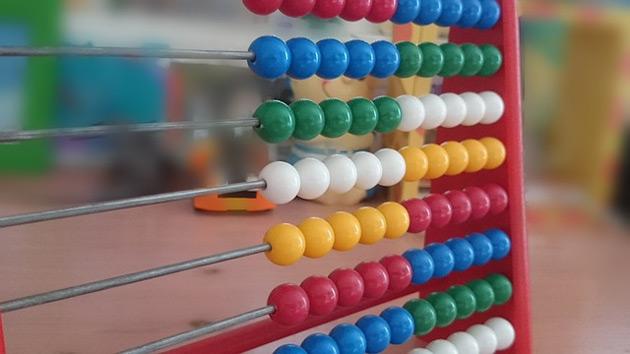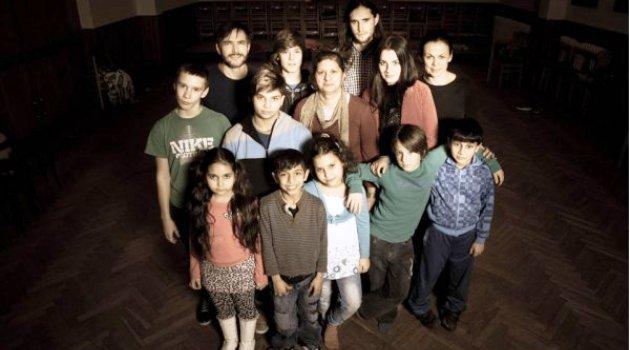Czech Education Ministry: Just 205 pupils transferring from "practical" to mainstream schools this fall

The Czech Education Ministry announced today that, according to estimates provided by the Regional Authorities of the Czech Republic and based on an investigation performed in various schools, roughly 205 pupils are planning to stop attending “practical” primary schools and to start attending mainstream primary schools as a result of inclusion measures that take effect next month. The overall number of children enrolled in the “practical” schools, which are intended for children with “mild mental disability”, is around 18 000 for the country as a whole.
Precise data will be available in October after the primary schools update their enrollment information into the central system. Critics of the upcoming changes, which will facilitate all children being educated together, had warned that there would be a mass influx of children with “mild mental disability” into the mainstream schools this fall.
According to the findings of the ministry, that will not be happening – rather, it seems the opposite is the case. Why the number of children who will ultimately transfer from the “practical” to the mainstream primary schools is so low is something the ministry does not want to comment on yet.
The independent news portal “Česká škola“, which reports on the schools, sent the ministry several questions asking, among other things, why such a small number of pupils transferring into mainstream schools should not be considered a failed attempt at inclusion, “since what is being presented as a success is the fact that essentially nothing will change”. The ministry (MŠMT) responded as follows: “Because these are just estimates, MŠMT will not assess them at this moment. In any event, according to previous investigations by the Czech School Inspection Authority, approximately 80 % of schools already educate children inclusively, so no dramatic growth was presumed by either the Education Minister or her colleagues – the estimate undertaken together with the Regional Authorities has just confirmed that perspective. The number of children transferring from the ‘practical’ schools into mainstream primary schools is not overwhelming, but even so the MŠMT wants to provide maximum collaboration to those educators, the parents, and the schools. Primarily the ministry will arrange financing for the 80 % of schools that already now are engaged in educating children together but that have previously had to cope with how to do that themselves, very often covering the costs of support measures from their own pockets, or charging parents for them. That practice will now end.”
The Regional Authorities based their estimates on declarations by parents who were supposed to report by the end of May where they would be enrolling their children as of September. Roughly 52 000 children with special educational needs, according to the Czech Professional Society for Inclusive Education (ČOSIV) are being educated in mainstream schools now.
The largest number of children transferring from the “practical” schools into mainstream schools lives in the Central Bohemian Region and in Prague, roughly 150 pupils altogether. In other regions the numbers are frequently in the single digits.
In Plzeň Region, for example, not a single pupil is anticipated to transfer into the mainstream from the “practical” schools. The Czech Republic has long faced criticism by European bodies and various nonprofit organizations in connection with such schools.
Too high a proportion of Romani pupils have been educated in the “practical” schools. Among the children diagnosed with “mild mental disability”, Romani children are greatly, unrealistically overrepresented.
This demonstrates that there is systemic misconduct in the case of Romani children, according to those who advocate for inclusive and integrational approaches. Children living with various kinds of disabilities have been entitled to education at a local mainstream primary school since 2005.
According to data from the Czech School Inspection Authority, four-fifths of all mainstream primary schools have experience including such pupils. The amendement to existing legislation that takes effect this fall introduces an entitlement to financial support from the state budget for these children, e.g., for hiring teaching assistants in the classroom, which will improve the conditions in the schools educating these pupils.
